According to the think-tank Co-liv, coliving is a form of housing managed by a professional third party, in which residents share spaces and/or services to access a better quality of life than what they would have if they were to live alone.
We had the pleasure of learning more about this newly developing industry from Jon, the co-founder of one of the most interesting coliving spaces in Europe: Sun and Co.
Jon Hormaetxe Castells is the co-founder and the General Manager of Sun and Co. Coliving. Located in Jávea – Spain, Sun and Co. opened in 2015 and is one of the first coliving spaces in Europe. To date, more than 600 digital nomads and remote workers have stayed and lived at Sun and Co.
Previously, Jon worked at The Melting Pot, a leading coworking space in Scotland. Here is where he learned the importance of building a strong community in these types of spaces.
Q: What led you to become an entrepreneur in the coliving industry? And how did the idea of Sun and Co. start?
I met Edu, the other co-founder, at a coworking conference 5 years ago. He used to run a hostel in this beautiful little town on the Mediterranean coast called Jávea, while I used to work in a coworking space in Edinburgh. We got along immediately, and we decided it would be a good idea to start a venture together. So we began to work on the idea of launching a coliving space for remote workers and digital nomads.
Edu is an architect and had experience in hospitality, while I had experience in coworking and communities, so it seemed like a good combination of skills to achieve what we had in mind.
Edu’s family owned a 19th-century house in the old town of Jávea. We decided to completely refurbish and renovate the building and finally launched this project together in October 2015. This is how we ended up creating Sun and Co.!
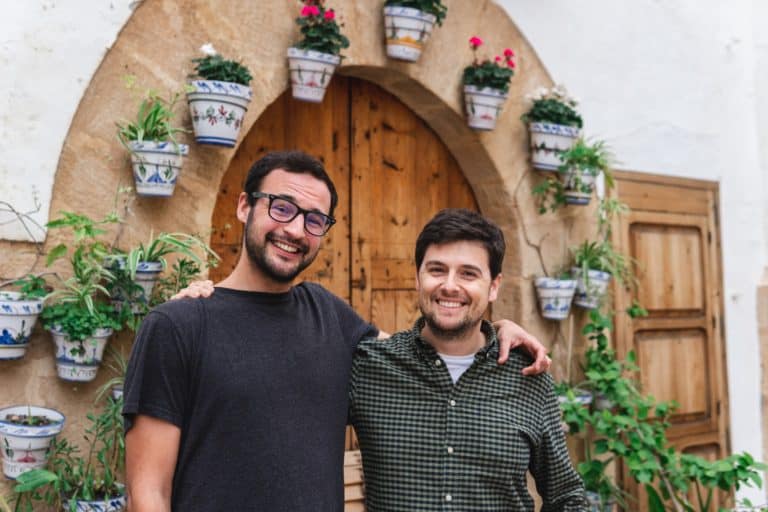
Q: What makes Sun and Co. different from any other coliving spaces?
Sun and Co. is a coliving space mostly focused on digital nomads and remote workers. We only host people who come here to work and/or focus on specific projects.
The coworking space is integrated into the coliving space, so that every guest that lives at Sun and Co. (we call them colivers) also works here. This is great for building our community, because living and working under the same roof contributes to fast-forward relationships between our colivers during their stay.
The average stay of our colivers is between one week and two months, which means the rotation is quite high compared to other coliving spaces. But again, this short experience is intense and can be life-changing.
After staying with us most people feel their life has improved in some ways, and they often come back.
Q: Why Jávea as a location?
The location is a big part of the Sun and Co. experience.
Jávea is Edu’s grandparents’ town, where his family owned the house that is today Sun and Co. It’s a beautiful town by the Mediterranean Sea, with around 30,000 inhabitants and an authentic Spanish vibe that our guests can feel as soon as they arrive.
We also have a micro-climate here that makes the weather and the temperatures pleasant all year round. For example, today it’s the 21st of January and we have around 20 degrees. I’m originally from Northern Spain, so I wasn’t used to this kind of weather either!
In this town, life is slow and commuting doesn’t really exist. Plus, we have both the beach and the mountains, and nature all around.
Overall, I think Jávea offers a very good quality of life. I’ve always been a fan of slow life and the concept of being happy with what you have and the people around you. This is how it is to live in a Spanish town by the Mediterranean Sea, and we are always encouraging our guests to embrace this simple way of living.
Finally, Jávea is located right between two international airports, Alicante and Valencia, which makes it easy for guests to arrive at Sun and Co. from wherever they are in the world. Being well connected is very important when you focus your services on digital nomads and people that travel a lot.
Q: What should our readers expect when they arrive at Sun and Co. for the first time?
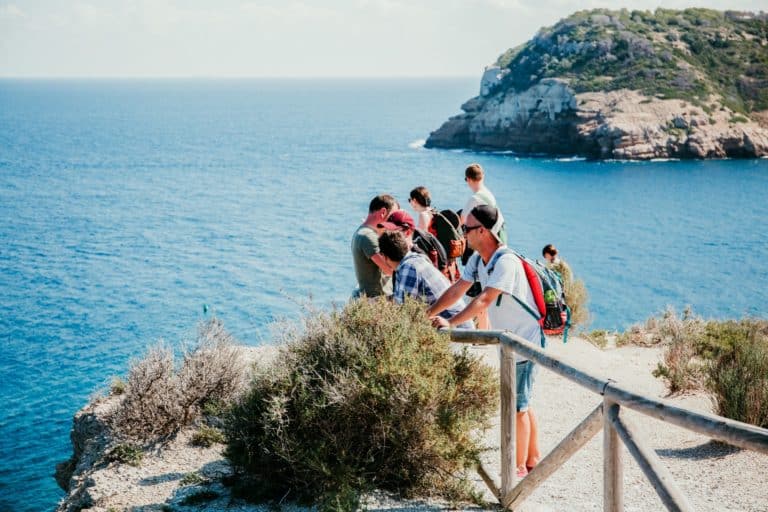
An immediate sense of belonging and a real family feeling that will make you feel safe and willing to share your experience – both personal and professional – with the people you’ll meet. There are not many places in the world that can make you feel like this!
Personalization is important. We try not to automate everything and keep a personal touch. For example, we always leave a welcome pack with a personalized card for each guest. You’ll also find a bottle of wine as a gift, which is meant to be shared with others as a way to break the ice and connect with your new housemates.
I’ve always believed that, even when it comes to professional relationships, if you first connect on a personal level with people, it will make it much easier to work and collaborate together. And when you live and work with other like-minded people, growth tends to happen on all levels.
In the case of coliving, when people live and work under the same roof, personal connections are born naturally, and this makes it easier for professional collaborations to also develop fast within our guests.
Finally, we always encourage everyone to give and share their time and skills too. For example, you can volunteer to lead a night out for tapas, or a hike, or a skillshare on how to master Facebook ads, and so on.
There’s something magical that happens when you do something for the community. You experience people giving without expecting anything in return, and that for me is really special.
Q: Tell us more about the community at Sun and Co. and the events you organize.
Every Monday we host a ‘Family Meeting’ where we make some introductions for the new guests, do some housekeeping, and talk about activities we want to do over the next few days.
We aim to make the guests responsible for everything that happens in the house. They have to feel like this is their home and not just a house they visit. This means, for example, that if the kitchen is dirty they have to take responsibility to keep it clean, and so on.
During our Family Meeting, we also organize weekly professional events led by our members. We normally schedule three professional events, including skillshares and masterminds.
Skill sharing with the coliving members is something that is very popular. People in our community are very talented and diverse in terms of skills and backgrounds, so there’s always something anyone can teach and/or learn from others.
Masterminds are another popular perk we offer at Sun and Co., where we use the wisdom of our community to help a person solve a particular challenge, personal or professional, that she or he might be facing.
We also have social events, of course. Surfing, hiking, cooking together, drinks and dinner, movie nights, wine tasting… we never get bored!
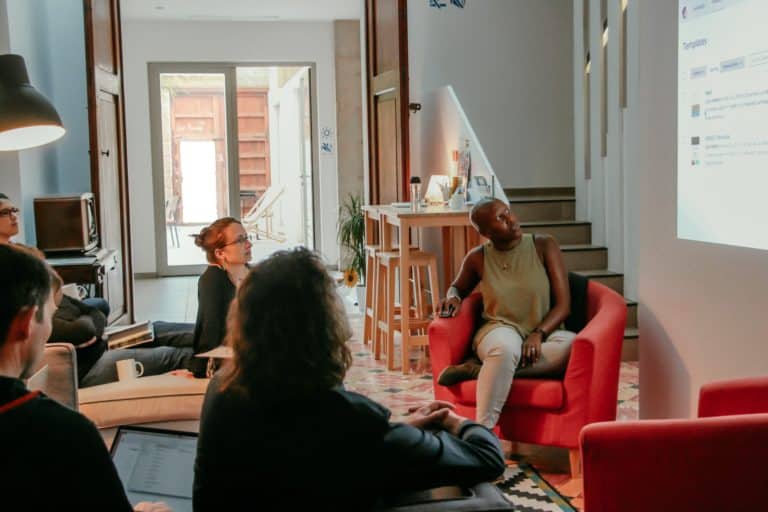
Q: Why should a digital nomad and/or a remote worker come to Sun and Co.?
There are mainly three types of guests that come to Sun and Co.: digital nomads, remote workers, and people that are trying out remote work for the first time, while still working full-time in their home countries.
The digital nomads that come to Sun and Co. are mostly around 33-40 years old and very well-traveled. They understand that being a digital nomad can be challenging and that this lifestyle is not as easy as it seems. A lot of them had travel burnout and felt a lack of connections at some point during their travels.
In fact, the most common issue among digital nomads is that they find it difficult to build long-lasting relationships while being on the road. At some point, most of them have felt lonely or disconnected, lacking some sense of belonging, and they’ve decided to look for places where they could feel part of a community again.
Working remotely, from home or from coworking spaces, can get lonely sometimes too.
This is why coliving spaces like Sun and Co. exist, to make these people feel connected and supported by a network of like-minded people, with whom they share the same values.
If you have never worked remotely and traveled, it’s hard to understand how this lifestyle can be. Our coliving space will help you meet people who have done it before, and who can guide you and teach you how to work remotely. You can learn a lot and enrich your digital nomad life by sharing your experience and listening to those of others.
Q: Obviously COVID-19 impacted this business model a lot. What’s your take on the current situation of the coliving industry?
It’s been pretty bad for us lately, but not a disaster. Luckily, before the pandemic struck we’d been open for 5 years and had time to build a strong community behind us.
About one out of five people have come back to Sun and Co. more than once. It’s a huge return rate, therefore I think we have quite a few people who know us well. With this in mind, we decided to launch a crowdfunding campaign during the lockdown, and the response we had was incredible. We were overwhelmed by all the help we received from our community members, which helped us keep afloat.
I also believe that the situation with COVID-19 has impacted many people’s mental health, so places like Sun and Co. have been an escape for many people to avoid loneliness, lockdowns and isolation.
Indeed, our occupancy rates are currently at their lowest. The months from September to November 2020 were ok, with more and more people discovering coliving thanks to remote work becoming the new normal. But it will take time to get back to where we were before March 2020.
(Above) Selina Coliving, one of the biggest coliving networks in the world.
Q: Let’s talk a bit more about the coliving industry. Where do you see it in a post-COVID-19 world?
One thing I’m sure of is that, after this crisis is over, the coliving industry will explode. More players, including traditional hospitality businesses, will be entering the market, some of them bringing in big investments. However, while they might have the infrastructures already in place, they will have difficulties providing a real sense of community for digital nomads.
As Sun and Co., we need to make sure the experience we provide continues to be authentic and unique. I wouldn’t want other people and companies to take advantage of this trend by not offering the right experience.
Traditional hotels and hostels might be using this trend to attract digital nomads, but they will also have to provide the right experience for them. If we want to continue thriving in this industry, we will need to set ourselves apart from the competition and make sure that we keep attracting the right kind of people, who are looking for the type of experience we are offering.
Q: Can digital nomads/remote workers really consider a coliving space their home? Do you see a lasting synergy between the coliving movement and the location-independent movement?
Home is quite a decentralized concept these days. People nowadays can potentially feel at home anywhere, depending on how they interpret the concept of ‘home’. Regardless, this is not going to be the same ever again.
Gone are the days where you would buy a house and live there with your family all your life.
So no matter how long people live at Sun and Co., whether it’s three weeks or three months, they naturally end up considering our coliving space their home. Which is what Edu and I wanted this place to be from the very beginning, a place people can call home and where they can always come back to.
Every time someone comes back to Sun and Co. and Jávea, they are coming back home. For us, it is a big achievement.
Obviously, there are other coliving spaces located in urban areas, like The Collective in London, where people stay on average ten months or so. That is a completely different market and it’s also changing hugely. But who knows, some people might be calling those places ‘home’ too.
Q: Do you have any advice for someone who wants to open a coliving space?
In my opinion, an entrepreneur who wants to open a coliving space should consider three main things:
1. Location
Digital nomads have the freedom to travel and choose where they want to work from, so finding the ideal location is key to attract them.
Most people prefer countries with good weather and a cheap cost of living. Other than that, it’s about personal preference and whether you prefer the beach or the mountains, for example.
2. Scale of the coliving space
The profit margins get higher with the size of the coliving space.
3. Your availability
Before opening a coliving space you have to consider that, in the end, it is a hospitality business and you will have to be available and interact with people most of the time (especially at the beginning).
Q: In your opinion, what makes Sun and Co. such a successful player in this industry?
Coliving impacts people’s lives so profoundly because building connections and relationships with like-minded people is the most important thing when it comes to both personal and professional growth. It’s a great tool to become a happier and better human being.
A successful coliving business is certainly a mix of design, efficient management, and a great community. But for a coliving space to be really successful, you need the people managing it to be passionate about helping people to grow. They need to share the same values and they should care deeply about the community and everyone’s wellbeing.
Q: Are you open to collaborate with other potential business partners? How can people get in touch with you ?
Yes, we are interested in developing new partnerships with other coliving spaces that focus on community and share our same values and vision. They can get in touch by email.
Q: Any last words for our readers…?
Honestly, there are not so many places in the world where you get to live with like minded people under the same roof. It is a very enriching and potentially life-changing experience.
I would encourage even the most skeptical ones to at least give coliving a try. Sometimes it’s difficult to understand the concept if you never experienced it.
Coliving spaces make this world a better place, and we at Sun and Co. will be very happy to show you what we mean by welcoming you to Jávea soon.
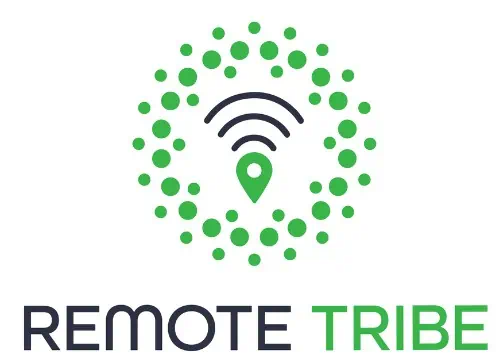
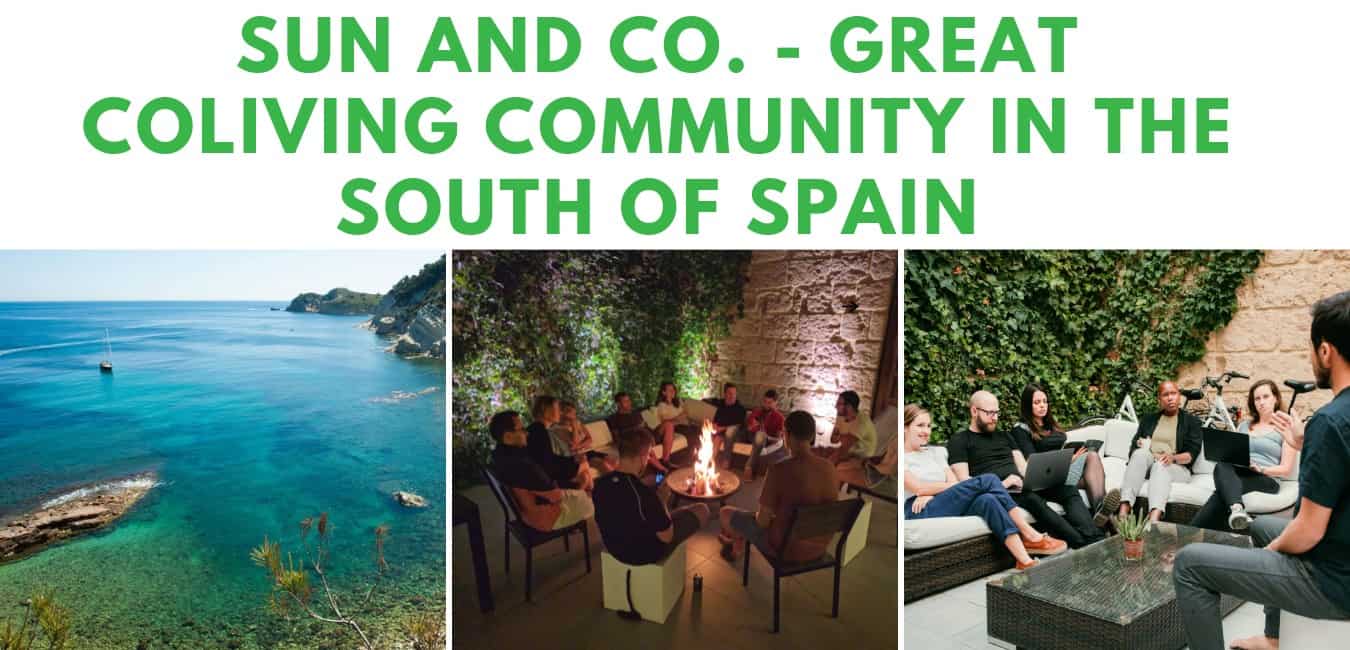
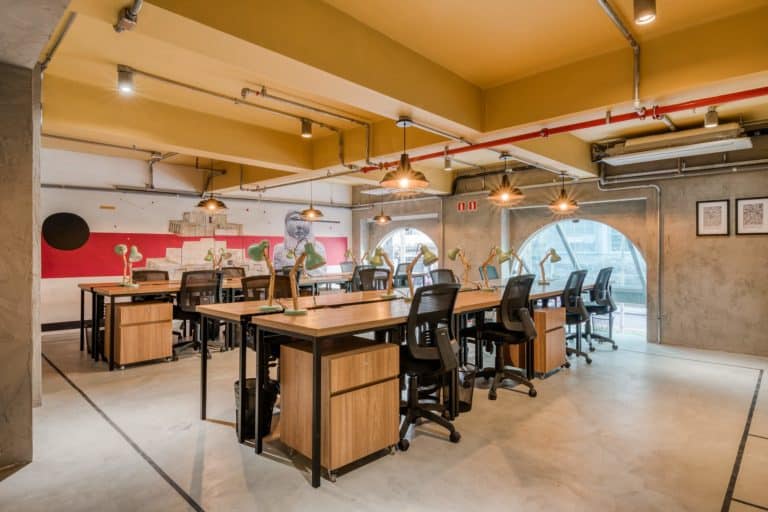
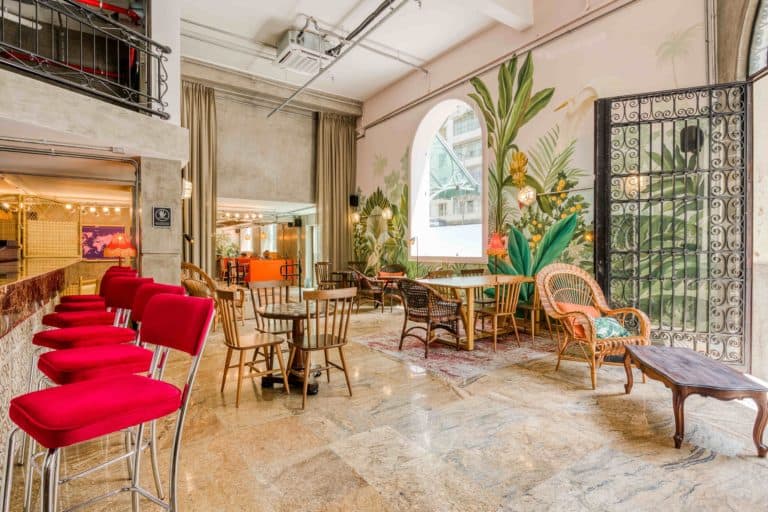





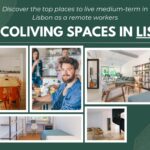


[…] Sun and Co. – Coliving in Spain […]